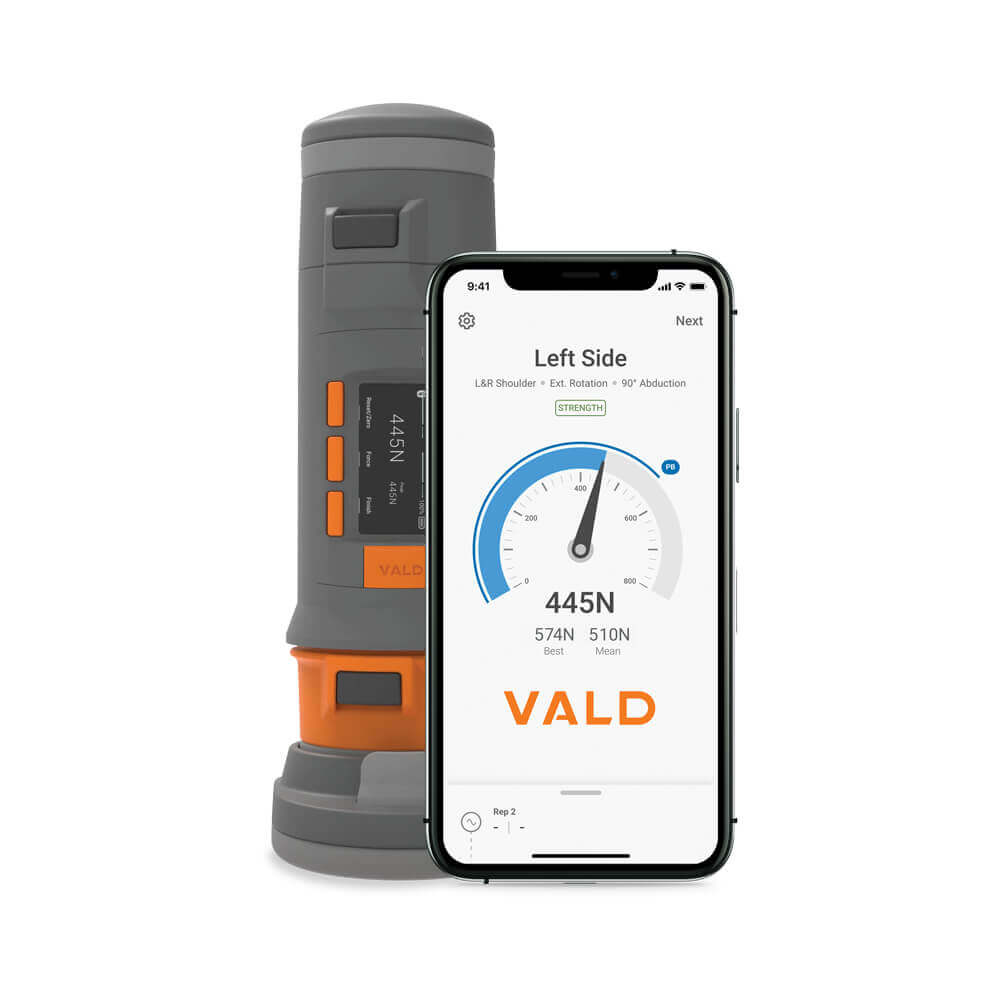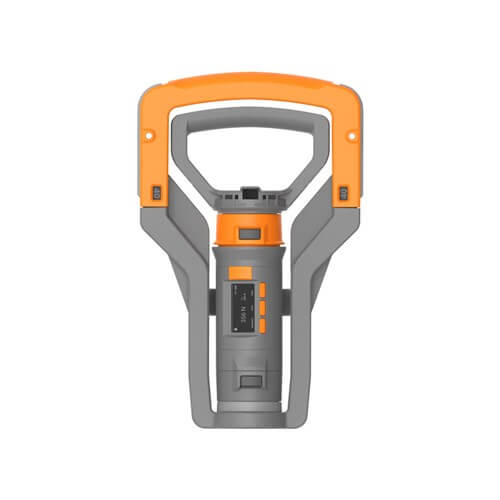
Why is grip strength so important?
Grip strength measures the total or peak force generated whilst squeezing a dynamometer, which is a device that measures force in a grip squeeze. While it might seem like a minor aspect of fitness, it has been demonstrated in numerous studies to help indicate overall health and functionality. Here’s why grip strength is so important and how it impacts various aspects of life and health.
Indicator of Overall Strength and Health
Grip strength is often used as a general indicator of muscle strength and endurance. Research has shown that grip strength correlates with overall body strength. This means that those with stronger grips tend to have more robust overall physical capabilities. Additionally, studies have found that grip strength is a predictor of overall health, particularly in older adults. It has been linked to lower mortality rates, reduced risk of cardiovascular diseases, and better functional status.
Essential for Daily Activities
Many daily tasks require a good amount of grip strength. From opening jars and carrying groceries to writing and typing, our hands play a vital role in our ability to function independently. A strong grip makes these activities easier and helps maintain independence as we age. Weak grip strength can make daily tasks more challenging and frustrating, potentially leading to a reduced quality of life.
Athletic Performance and Injury Prevention
For athletes, grip strength is essential. It enhances performance in sports that involve lifting, throwing, or holding onto objects. For example, in rock climbing, a strong grip is crucial for maintaining hold on climbing surfaces. In weightlifting, a strong grip helps in lifting heavier weights more safely. Moreover, good grip strength helps prevent injuries. When your grip is strong, you are less likely to drop objects or sustain hand and wrist injuries.
Rehabilitation and Recovery
Grip strength is often used in rehabilitation programs for various conditions. After injuries or surgeries involving the upper extremities, grip strength exercises are vital for regaining function. It is also a focus in occupational therapy for conditions like arthritis or carpal tunnel syndrome. Improving grip strength can help speed up recovery and improve outcomes.
Cognitive Function and Mental Health
Interestingly, grip strength has been associated with cognitive function and mental health. Studies suggest that individuals with higher grip strength tend to perform better on cognitive tests and have lower risks of cognitive decline as they age. Additionally, there is evidence to suggest that physical strength, including grip strength, can positively influence mental health, reducing symptoms of anxiety and depression
Conclusion
Incorporating grip strength exercises into your fitness routine can have numerous benefits. Simple exercises like hand squeezes, using grip strengtheners, and incorporating activities that challenge your grip, like lifting weights or rock climbing, can make a significant difference. Whether you’re looking to improve your athletic performance, maintain independence, or boost your overall health, paying attention to grip strength is a step in the right direction.
How do I know if I need to work on my grip strength?
In general, if you are having trouble with tasks such as opening a jar, holding or carrying objects for a reasonable distance, for instance carrying a jerry can, shopping bag or a weight of some description and you cannot hold onto the object for either fear of dropping the object or your forearm gets really sore. There are issues such as neck conditions, wrist, thumb, hand, elbow injuries that can affect grip strength, so our general recommendation is you would be checked over by a Physiotherapist to make sure that there is not a medical or injury reason for the loss of grip strength.
Strength training is fantastic as it is progressive. In strength training there are plenty of activities that will help your grip strength, and as your grip strength increases, the benefits mentioned above are worth engaging in this type of training! So, wherever you start from, it does not matter as we know that you will improve over time! It is NEVER too late to start.
If you have any questions please reach out to glenn@vectorhealth.com.au or call 4927 8190 to make an appointment to check out your grip strength and how to improve your overall strength with structure, safe and progressive strength coaching.

